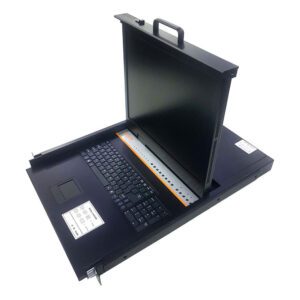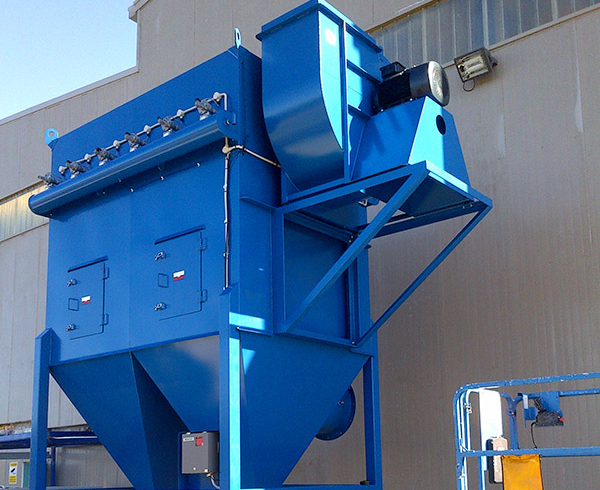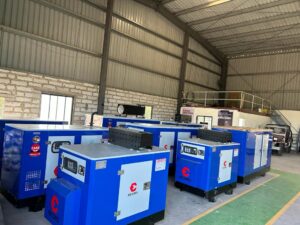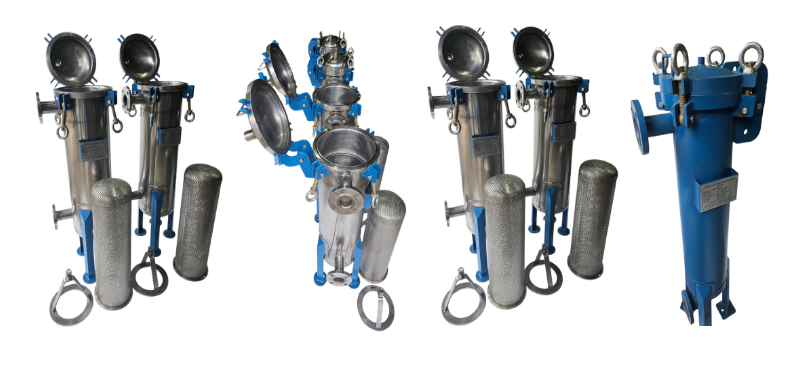The Future of Industrial Connectivity: IIoT Gateways and Cellular Routers Explained

Strong 8k brings an ultra-HD IPTV experience to your living room and your pocket.
This article explores the future of industrial connectivity by breaking down the roles, benefits, and tradeoffs of Industrial Cellular Routers and IIoT Gateways, especially in harsh or remote operational environments.
What Are Industrial Cellular Routers and IIoT Gateways?
Industrial Cellular Routers are specialized networking devices designed to provide wireless internet connectivity over cellular networks, such as 4G or 5 G. These routers are engineered to function in extreme environments like manufacturing floors, oil fields, and transportation systems.
On the other hand, IIoT (Industrial Internet of Things) Gateways act as a bridge between machines on the shop floor and cloud-based platforms. They collect, filter, and transmit data from sensors and controllers to enterprise systems for analytics and automation.
Together, they power smart factories, remote monitoring, predictive maintenance, and more — all integral parts of the IIoT revolution.
Key Benefits of IIoT Gateways and Industrial Cellular Routers
Remote Accessibility
IIoT Gateways combined with industrial cellular routers allow for real-time monitoring and control of machines from virtually anywhere, reducing downtime and manual intervention.
Edge Computing Capabilities
Advanced IIoT gateways process data locally, sending only meaningful information to the cloud, improving speed and reducing bandwidth use.
Ruggedness & Reliability
Built to withstand temperature extremes, vibrations, dust, and moisture, these rugged products ensure uninterrupted operations in the harshest conditions.
Enhanced Security
Features like VPN support, firewalls, and dual-SIM failover in industrial cellular routers provide robust protection for mission-critical networks.
Scalability
Whether connecting a few devices or an entire smart grid, the modular design of many gateways and routers supports flexible scaling as operations grow.
Challenges and Tradeoffs in Industrial Connectivity
While Industrial Cellular Routers and IIoT Gateways offer impressive benefits, there are tradeoffs and challenges to consider:
Cost vs. Reliability: High-end rugged products often come at a premium. Companies must weigh the long-term cost of failure against upfront investment.
Data Latency: Relying solely on cloud communication may introduce delays. Edge computing via IIoT gateways can mitigate this, but requires additional setup.
Integration Complexity: Integrating legacy equipment with modern gateways can be difficult without standardized protocols like Modbus, OPC UA, or MQTT.
Security Management: Ensuring end-to-end data security across multiple endpoints requires ongoing updates, monitoring, and compliance efforts.
Why Rugged Products Are Non-Negotiable
Industrial environments are unpredictable. From extreme temperatures in mining operations to constant vibration in mobile fleets, only rugged products can guarantee continuous, safe operations. Investing in rugged IIoT gateways and industrial cellular routers ensures system longevity, reduces downtime, and improves ROI over time.
Looking Ahead: The Future of Industrial Connectivity
As industries increasingly rely on smart technologies, the demand for high-performance Industrial Cellular Routers and IIoT Gateways will surge. The adoption of 5G, AI-driven analytics, and cloud-native architectures will further redefine how industrial devices communicate and operate.
Businesses must make strategic decisions today, investing in scalable, secure, and rugged products to stay competitive in the evolving landscape of industrial connectivity.
Top 5 FAQs on Industrial Cellular Routers and IIoT Gateways
1. What is the difference between an industrial cellular router and a regular router?
Industrial routers are built for harsh environments and offer robust features like dual SIM failover, industrial protocols support, and long lifecycle support.
2. Why are IIoT gateways critical for smart manufacturing?
They enable data acquisition from machines and transmit it securely to cloud systems, allowing for real-time monitoring and predictive maintenance.
3. Are rugged products necessary for indoor industrial setups?
Yes, even indoor facilities can face high heat, dust, vibration, or power fluctuations, making rugged products essential for reliability.
4. Can IIoT gateways work with legacy equipment?
Most advanced IIoT gateways support common industrial protocols (Modbus, PROFIBUS, etc.), enabling integration with older machinery.
5. How do industrial cellular routers maintain network uptime?
With features like dual SIM slots, failover connectivity, and remote management, they ensure continuous connectivity even in remote areas.
Note: IndiBlogHub features both user-submitted and editorial content. We do not verify third-party contributions. Read our Disclaimer and Privacy Policyfor details.







